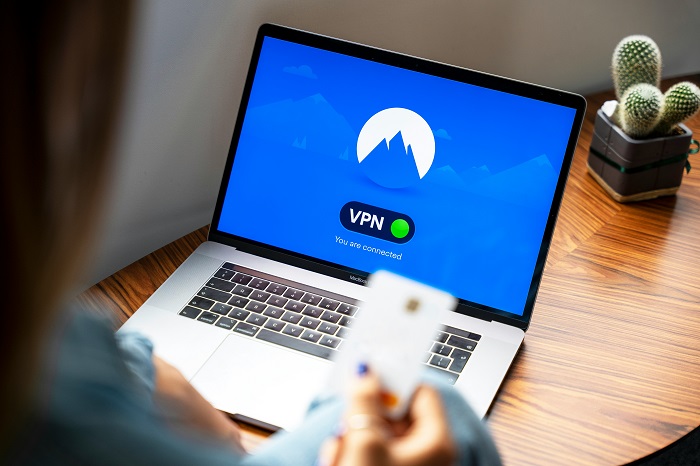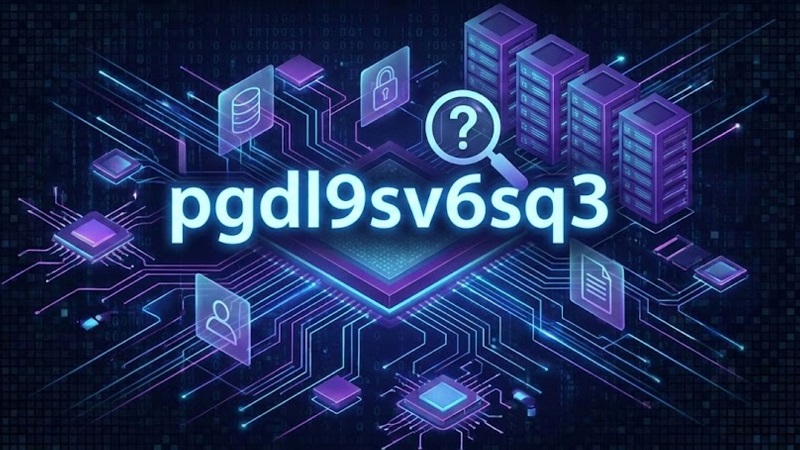Using a VPN (Virtual Private Network) used to be something only hackers or IT experts do. But, with your cybersecurity being more vulnerable than ever, that’s no longer the case. More and more of our lives are now online, which means protecting our online privacy is essential. That’s why VPNs have become so common these days. They offer a one-tap solution to hide your IP address, allowing you to access the web securely. Aside from preserving your online privacy, they can also help bypass location restrictions to access content that would otherwise be unavailable.
But with that said, not all VPNs are the same. In this article, we’re taking a deep dive to compare paid and free VPNs to help you make an informed decision about what works best for you. We’ve also included some famous examples of free and paid VPNs to help you decide. So, without further ado, let’s begin.
Price
Let’s start by stating the obvious — price is the most significant differentiating factor between paid and free VPNs.
Paid options are generally subscription-based and charge you monthly or annually. You can generally expect better security, reliability, and ad-free usage.
Free VPNs are way more popular for general use, though they may still have hidden costs that most people are unaware of. Some VPN companies may sell your browsing data to advertisers, restrict your server choices, limit bandwidth, or even inject ads or malware into your devices. Reputable free VPNs, however, are generally safe to use, with the only caveat being having to live with ads.
Here’s a quick overview of some of our top free and paid VPN picks in 2023:
Free VPNs
Windscribe
Windscribe is a free VPN service that allows users to choose from 10 different country servers. With a data cap of 10 GB per month, most average users can use it as a solid free solution to protect their online privacy.
ProtonVPN
Most free VPNs come with annoying speed and data limits, asking users to upgrade to a paid plan to bypass them. But not ProtonVPN. It’s one of the very few free VPNs without any speed or data limits. With its secure encryption and a strict no-log policy, there’s very little to miss out on. But keep in mind that you only get to choose from 3 country servers, and the VPN doesn’t support streaming.
TunnelBear
Lastly, we have TunnelBear. This bear-themed VPN service is free to use and offers a wide selection of servers in 23 countries. Unfortunately, it’s limited to 500 MB per month for free users.
Paid VPNs
NordVPN
You’ve probably heard of NordVPN, thanks to their aggressive online marketing. But it’s not all talk; NordVPN is genuinely one of the most trusted and secure VPNs you can use. With over 5,000 servers in 59 different countries, you’ll never run out of servers to hop between. Being a paid VPN, it doesn’t have any limits and supports torrenting, streaming, gaming, etc. According to a NordVPN review by Cybernews experts, NordVPN stands out for its comprehensive security features and excellent performance, making it a top choice for users who prioritize privacy and speed.
At $3.71/mo (two-year plan), you get features like split tunneling, a no-logs policy, a kill switch, and a vast server variety.
ExpressVPN
Here’s another paid VPN that’s hard to miss since they seem to sponsor so much online content. Sitting right beside Nord, ExpressVPN is another top-tier paid VPN with over 3,000 servers covering 94 countries. The service is known for being quick, reliable, and secure. However, it’s a bit costlier than NordVPN, charging $6.67/mo (15-month plan).
Surfshark
Our last paid VPN pick is Surfshark. Surfshark isn’t as old as huge names like Express and Nord, but they’ve played a crucial role in disrupting the paid VPN market. At just $2.49 per month (two-year plan), the VPN offers everything you could need. We’re talking 3,200 servers in 65 countries, a simple and clean UI, supporting unlimited devices, and much more. Like other paid VPNs, it also has a log-free policy, solid encryption, split tunneling, and a kill switch.
Security
Another key differentiating factor between paid and free VPNs is the security level you get. Free options still provide encryption, but not all encryption protocols are created the same. Due to a lack of resources, free services simply cannot afford the latest encryption protocols. Their “no-logs” policy may also not be as strict, potentially leaking your DNS requests or IP address. This can expose your online activity to 3rd parties, which kills the purpose of using a VPN in the first place.
Paid options, on the other hand, follow top-tier encryption standards (like AES-256) and have guaranteed log-free policies so that your data cannot be leaked. Features like enhanced leak protection, split tunneling, and kill switches take this to the next level. With a reputable paid VPN, you don’t have to worry about common risks like data selling, malware injection or ads, and DNS or IP leaks.
Speed
Paid VPNs are much faster than their free counterparts. Not only in terms of browsing speed but also how quickly they connect and disconnect. Since free VPNs have fewer servers and high demand, it often leads to slow performance due to congestion. To save and allocate resources to all users, they commonly implement data caps and bandwidth restrictions.
Paid VPNs, on the other hand, have many servers and locations to work with, letting you find an ideal connection. You also get unlimited data and speed so that you can enjoy faster streaming, browsing, and even low ping in online games.
Access
Lastly, not all VPNs provide the same type of access to their users. Many free options fail to unblock all those big streaming platforms like Hulu, Netflix, and Amazon Prime. These services have advanced VPN detection systems, and generally, only paid VPNs tend to bypass them. You get so many servers and locations to choose from with VPNs like Express, Nord, and Surfshark that there’s hardly any piece of content that you can’t access. Aside from their ability to help you access geo-restricted content, they also offer cross-platform support. This means you can use a wide range of devices to stream the content, such as your phone, laptop, smart TV, or tablet.
Conclusion
Let’s be honest; no one likes paying for a service they can otherwise get for free. With so many free VPNs available today, most internet users never even consider paying for a service. So, should you pay for a VPN or settle for an accessible alternative? Like most purchase decisions, there’s no direct answer to that. It’s all subjective, and whether it’s worth spending those few bucks a month mostly depends on your particular usage.
If you’re a casual VPN user with light and limited usage, a free VPN might just cut it for you. On the other hand, if you’re not looking to make any compromises on security, speed, usage volume, and content accessibility — you probably have to go with a reputable paid VPN.
Choosing a VPN service is a crucial decision to make in terms of protecting your online privacy. This article helped you make an informed choice between free and paid VPNs. Thanks for reading!



















Leave a Reply